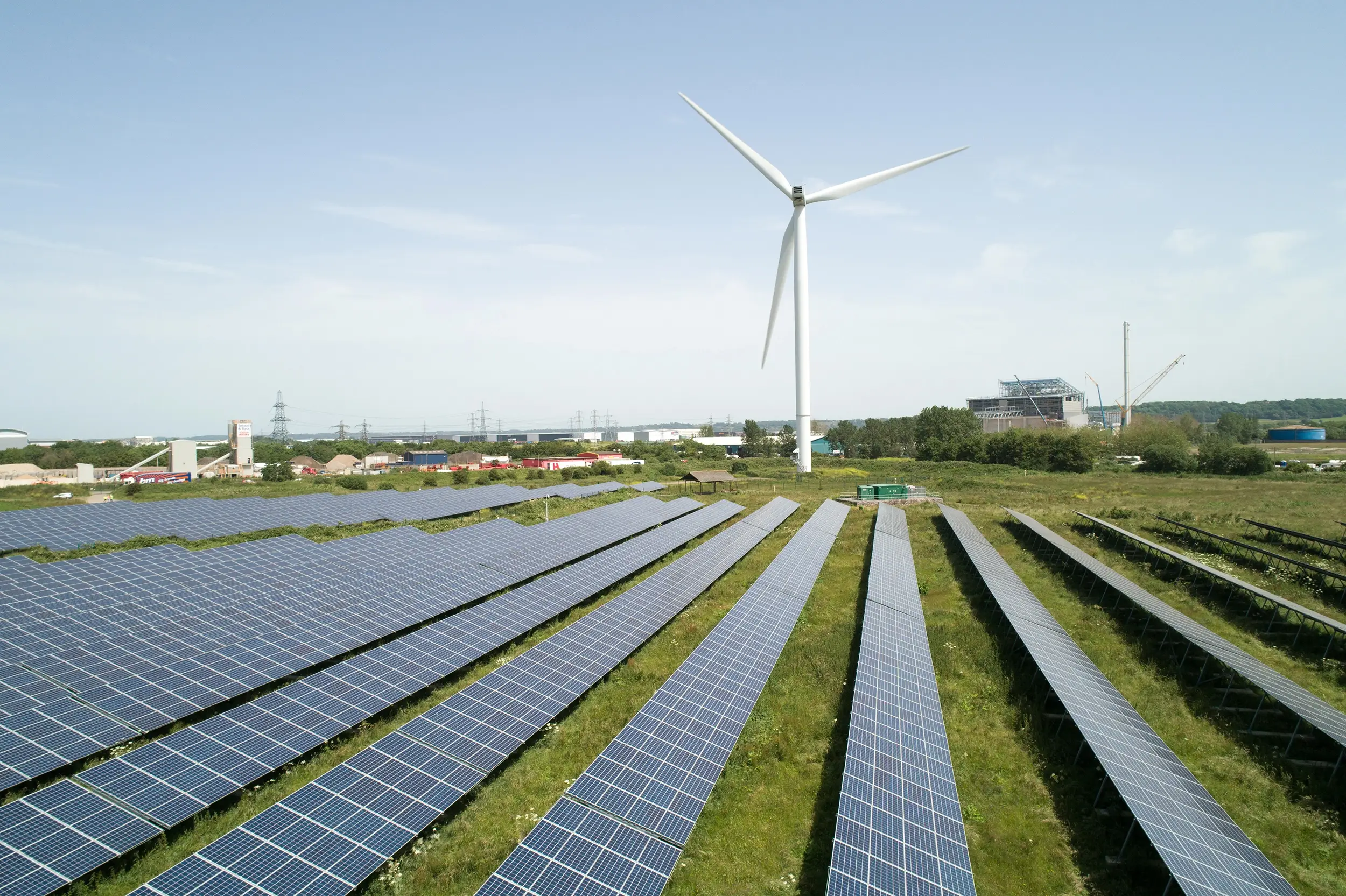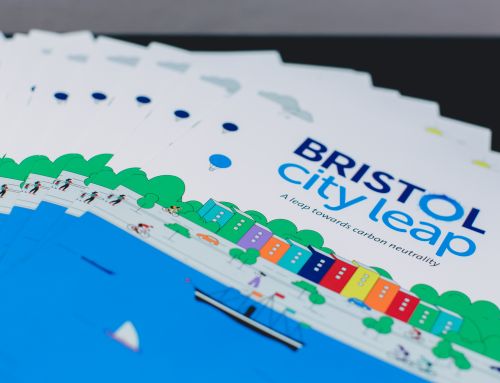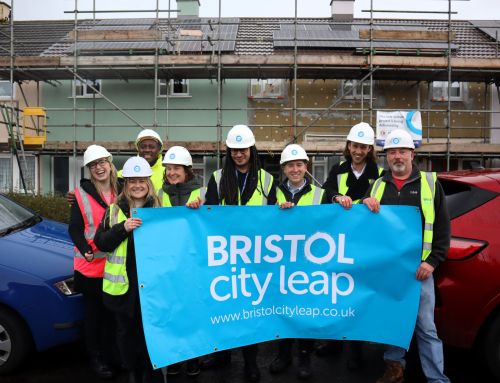The UK’s drive to reaching its net zero target will be powered in part by Bristol’s innovative Bristol City Leap partnership and our pioneering public-private partnership model.
Our unique partnership formed between Bristol City Council, Ameresco, and Vattenfall Heat UK, will deliver nearly £500 million of investment over the next five years in Bristol’s clean energy system, including solar, wind, heat networks, heat pumps and energy efficiency measures across the council’s estate. The partnership will also create around 1,000 jobs by 2028 and cut 150,000 tonnes of emissions.
In an announcement issued today, the UK Government has committed £19 million to a pilot programme of activity aimed at unlocking private sector investment in projects to help the nation reach its net zero target. A key part of this announcement is a decision to replicate Bristol’s successful trailblazer approach in York and North Yorkshire, in a bid to accelerate the decarbonisation of that city region’s economy.
Experts from Bristol City Council and Bristol City Leap partners, Ameresco and Vattenfall Heat UK, will play a key role in supporting this pilot project to get off the ground and develop the core structures it requires to secure the success already being seen in Bristol. The lessons from this pilot will then be used to support other areas across England deliver on net zero targets.
Marvin Rees, Mayor of Bristol, said: “Our Bristol City Leap partnership represents a bold and innovative approach to help tackle the challenge of decarbonising our city’s economy and securing a just transition to net zero. The pioneering model developed in Bristol was purposefully designed to allow for it to be replicated elsewhere. Not only can we benefit from the finance, expertise and technical ability of the private sector at home, we can share that experience with others and help drive the national activity required to reach net zero. Today’s announcement is a strong endorsement of our vision and endeavour, and I am delighted we can work with York, and North Yorkshire Combined Authority and others to help decarbonise their economy.
“Our carbon challenge is one that’s seen across the country and abroad. Barriers to accessing the finance required to deliver climate change interventions often see innovation fall at the early stages of development, meaning we typically lose ideas and creativity before it has a chance to form. Our approach and that which we will support York and North Yorkshire to develop, specifically encourages innovative approaches to decarbonising the public estate and drives private investment to achieve net zero. In addition to reducing emissions, our model is creating more new jobs, developing the emerging low-carbon economy, and supporting a social return in the form of education and skills development.”
In addition to the pilot due to launch in York and North Yorkshire, the Government have also announced two other projects in the Greater Manchester Combined Authority and the West Midlands Combined Authority, reflecting the principles of the Bristol City Leap approach.
Mark Apsey, Managing Director for Ameresco UK and Bristol City Leap said: “This is fantastic recognition for our innovative, world-first Bristol City Leap approach. We have created something truly special that can enable mass-decarbonisation for towns, cities and regions all over the UK and this new funding will enable a wave of councils to follow in Bristol’s footsteps and take a significant leap forward on their journeys to net zero.”
The two Local Net Zero Accelerator pilots will provide funding for the combined authorities to select projects that will benefit their communities and package these into opportunities to work alongside the private sector to finance. These could include housing retrofit and renewable energy and transport projects, such as installing solar panels, battery storage and deploying greener buses – all of which could help significantly cut emissions.
For more information, check out the full press release from The Governments Department for Energy Security and Net Zero.









